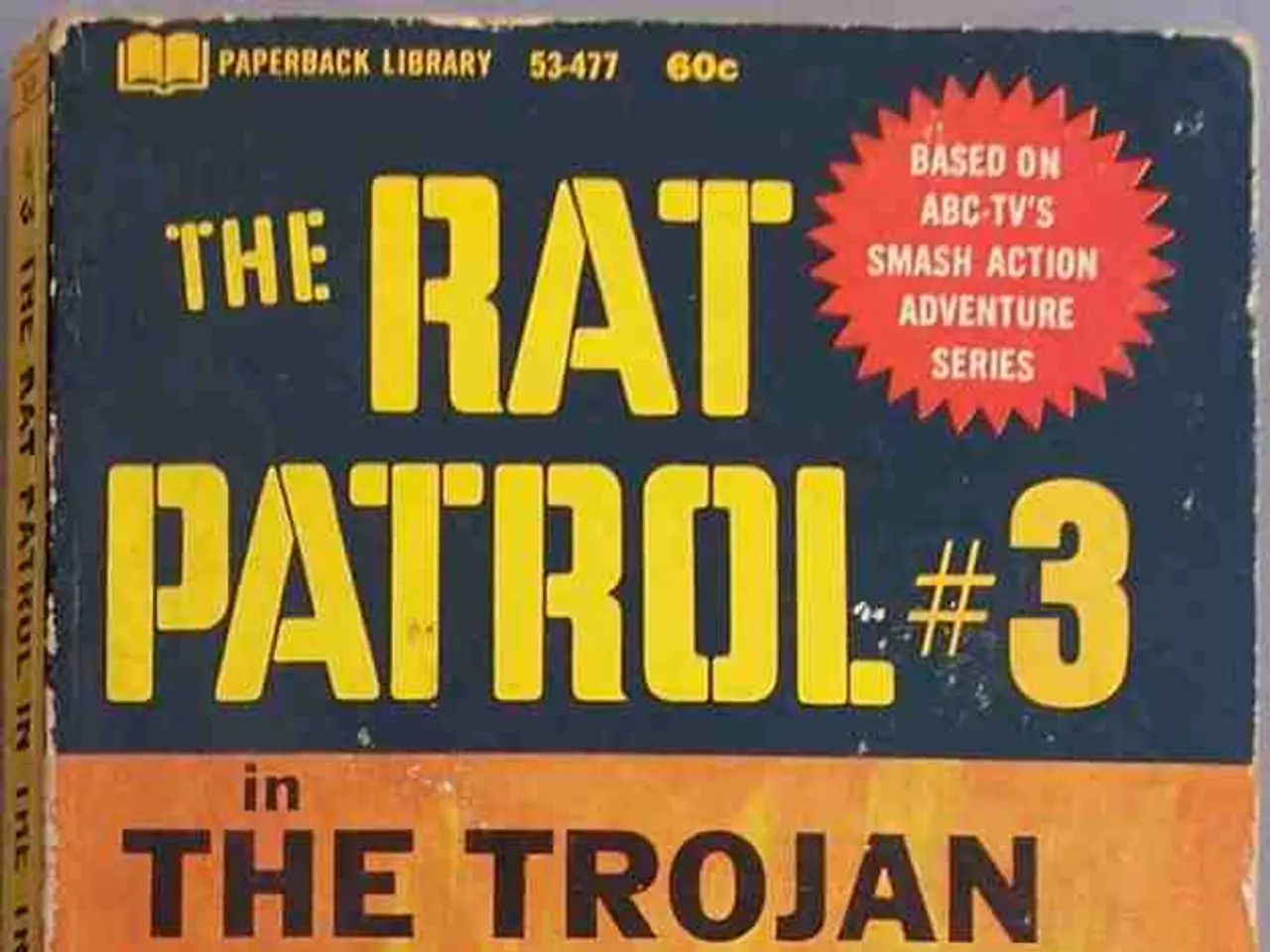Russian troops in Donbass remain unfaltering in the face of Kyiv's rejection of Moscow's calls for troop withdrawal.
As of August 2025, Ukraine and its Western allies, including the US and several European countries, have firmly rejected Russian territorial demands involving concessions in the Donetsk and Luhansk regions as part of any ceasefire or peace agreement. This stance, which maintains Ukraine's sovereign territorial integrity, has complicated potential negotiations with Russia, which insists on these concessions as a precondition for peace talks.
Russia, led by President Putin, has demanded that Ukraine concede all of Donetsk and Luhansk oblasts and freeze frontline positions elsewhere. These demands are reportedly linked to addressing what Putin calls “root causes” of the conflict, such as NATO expansion and the treatment of Russian speakers, as prerequisites for ceasefire negotiations. However, Ukraine continues to control parts of Donetsk and Luhansk and resists withdrawal, making Russian territorial claims and demands unacceptable.
The US and European allies stand behind Ukraine's position, providing continued monetary and military aid. For instance, the EU recently allocated over €3.2 billion in financial aid to Ukraine. Despite the ongoing conflict, these allies have not signaled any willingness to accept Russian demands for territorial concessions.
The entrenched positions of both Ukraine and Russia suggest that prospects for a negotiated ceasefire or peace deal remain slim unless Russia modifies its demands or the conflict's dynamics shift significantly. The ongoing military confrontation rather than diplomatic resolution seems likely in the near term.
Kyiv's unyielding position has set the framework for future dialogue and international pressure on Moscow. The Ukrainian President, Zelensky, has repeatedly stated that the territorial integrity of the state is not up for negotiation. This stance has been viewed by Western diplomats as a confirmation of Ukraine's commitment to protect its sovereignty.
Recognizing the success of aggression would create a threat to future conflicts. The Ukrainian government views such demands as a continuation of aggression and a tool of pressure aimed at weakening the country's position. Most of the US's European allies support Kyiv and view compromises that consolidate the seizure of other territories as inadmissible.
Some within the White House believe a territorial exchange could hasten the conflict's end. However, the approach of a territorial exchange ignores the fundamental differences between temporarily occupied lands and recognized Russian territory. The US President's reaction to Kyiv's refusal remains unpredictable, but his potential annoyance with both Moscow's position and Kyiv's determination could complicate the interaction between Ukraine and the US in the realm of diplomatic support.
In summary, Ukraine, supported by the US and European countries, maintains a political stance opposing territorial concessions in Donetsk and Luhansk, viewing Russian demands as a violation of its sovereignty. This stance complicates potential negotiations with Russia, which insists on these concessions as a precondition for peace talks.
Read also:
- Weekly happenings in the German Federal Parliament (Bundestag)
- Southwest region's most popular posts, accompanied by an inquiry:
- Discussion between Putin and Trump in Alaska could potentially overshadow Ukraine's concerns
- Massive 8.8 earthquake hits off the coast of Russia's Kamchatka Peninsula, prompting Japan to issue a tsunami alert.








